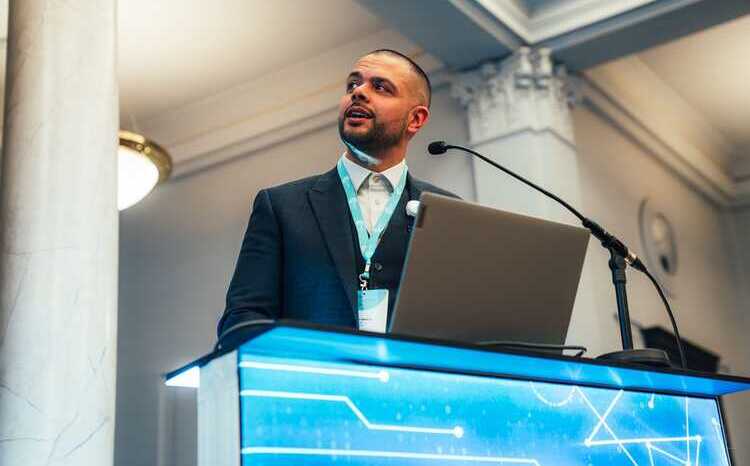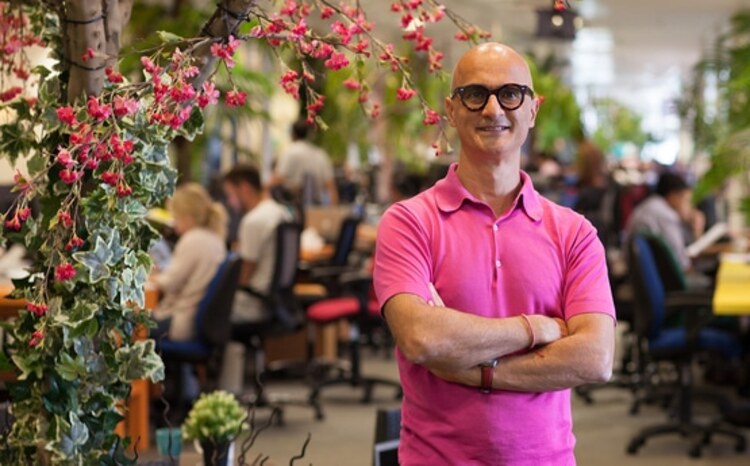Solihull partners on population health
- 21 July 2015

Solihull Council is working with three local NHS organisations to pilot new ways of working across health and social as part of a deal with Caradigm.
The Integrated Care and Support Solihull programme is a collaboration between the council, Birmingham and Solihull Mental Health NHS Trust, Heart of England NHS Trust and Solihull Clinical Commissioning Group to create a more joined up system of care and support for the frail and elderly local population, in particular those with dementia.
ICASS will spend the next 12 months working with Caradigm – a joint venture between Microsoft and GE Healthcare – on how to make better use of information and analytics to support this joined up care model.
Dr Patrick Brooke, accountable officer for Solihull CCG, said that Caradigm will allow the trust to use “more sophisticated healthcare analytics about how our workforce is being used and how we are using health resources and the health systems.”
The company will also support ICASS around care coordination and care management.
This includes improved workflow automation, which will enable ICASS to “map care around individuals and patients to a higher degree”, said Brooke.
Richard Craven, vice president and managing director for Caradigm EMEA said these processes will allow ICASS to transform the way it works in several areas, including using greater insight into the patient cohorts in Solihull to predict adverse events and provide early interventions.
Key for both Craven and Brooke is to improve the transition of patients from acute to community care, specifically through the use of ‘discharge to assess’ – a model that allows for frail and elderly patients to have their discharge assessment at home rather than at a hospital.
Craven said: “There is often latency in the system where a patient is medically fit to be discharged, but requirements around further assessment associated with future healthcare needs can often block the discharge.”
Brooke added that the discharge to assess model can lead to, “far better outcomes for patients” who can face delays to discharge when assessed in hospital.
“During those delays, that is when you tend to find that people who are frail and elderly become more institutionalised and lose independence.
“[With discharge to assess] far more people end up going home than end up in care home or residential home.”
The pilot will also “empower staff” by giving them access to the “necessary analytics and IT systems that support them to do the work they do”, said Brooke.
He added that the ICASS partnership chose to work with Caradigm due to its experience in population health in the US.
“They’ve brought a level of knowledge to the UK market that wasn’t available locally.”
By the end of the pilot, Brooke hopes to have built a business case to support the extension of the work. This will be decided by the financial directors of all four organisations that make up ICASS.
“This is about system transformation,” said Brooke.
“Our belief is that what we are doing is very advanced compare to many others. We may not be as loud on national stage, but all the building blocks are in place.”




